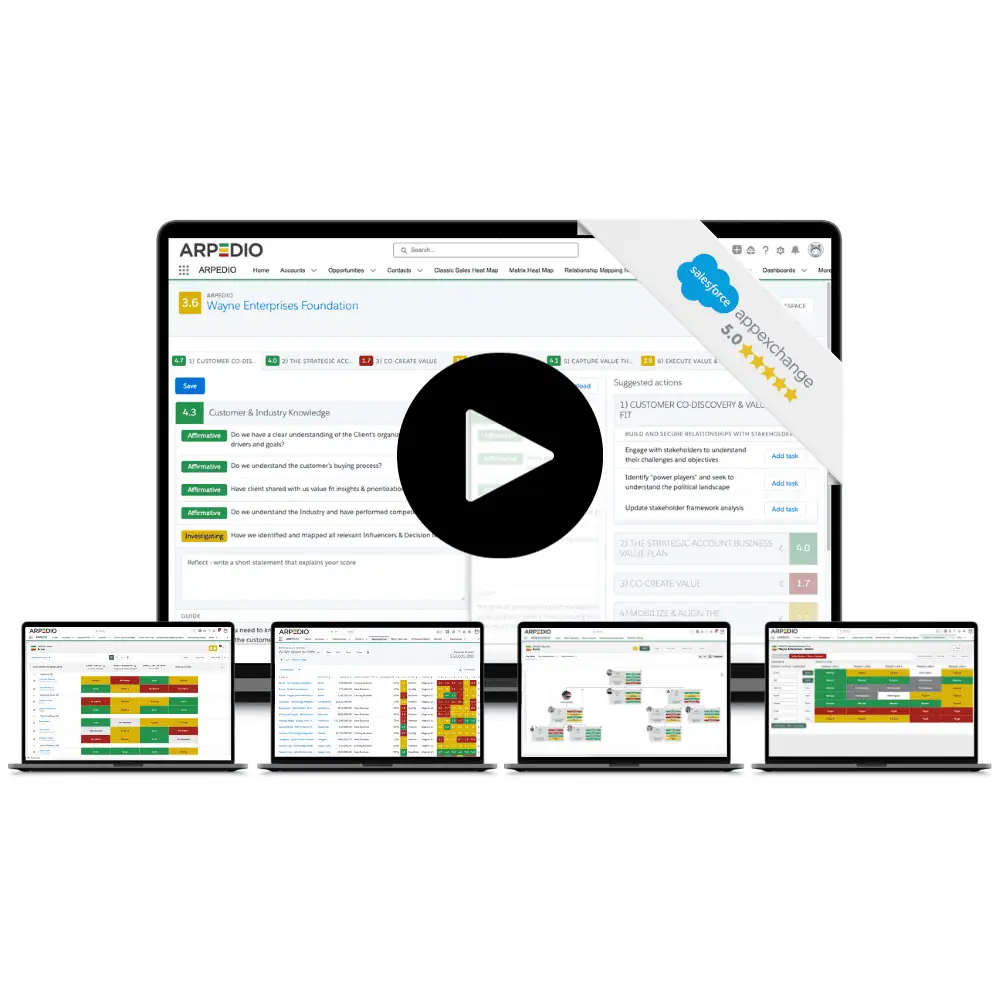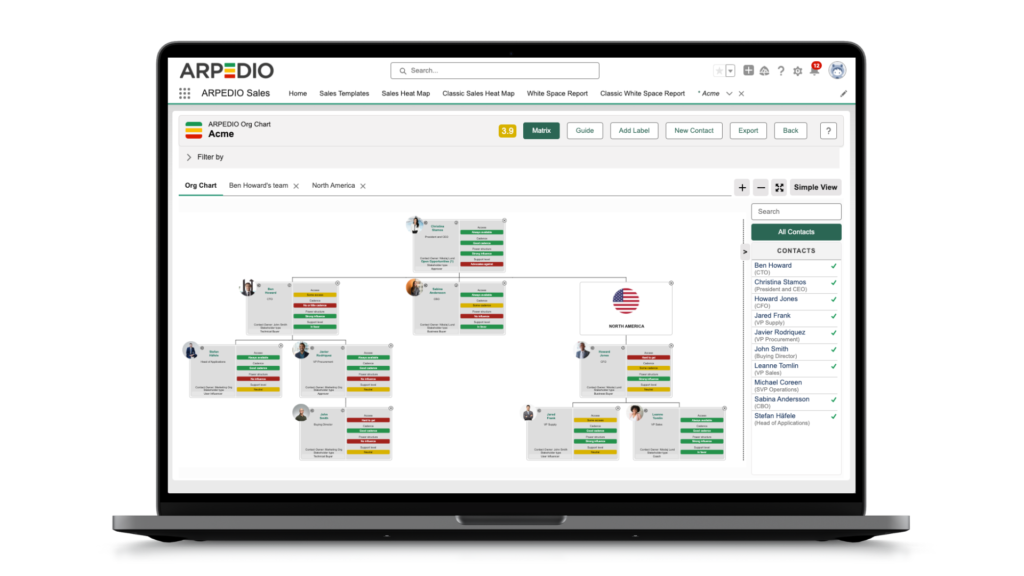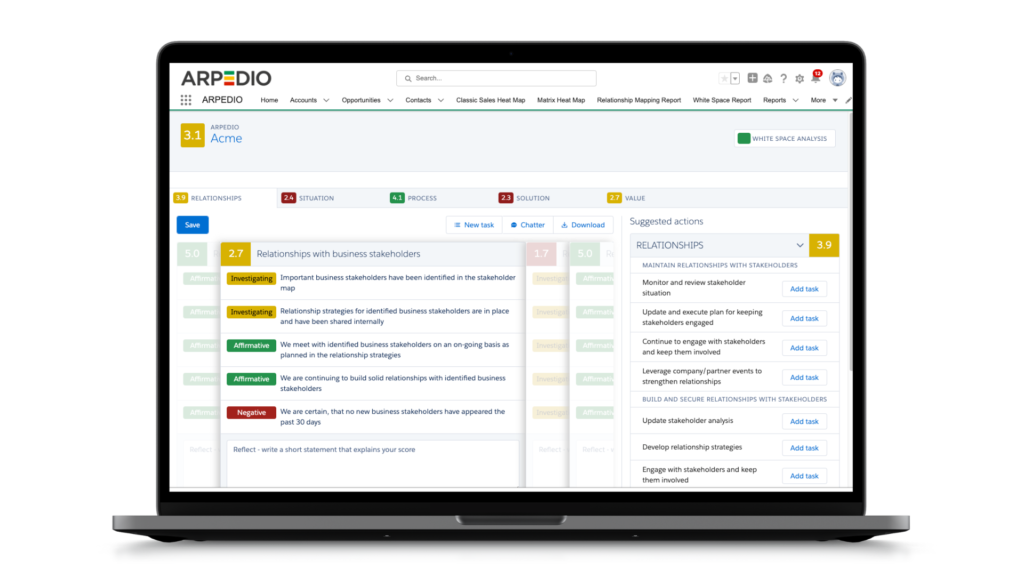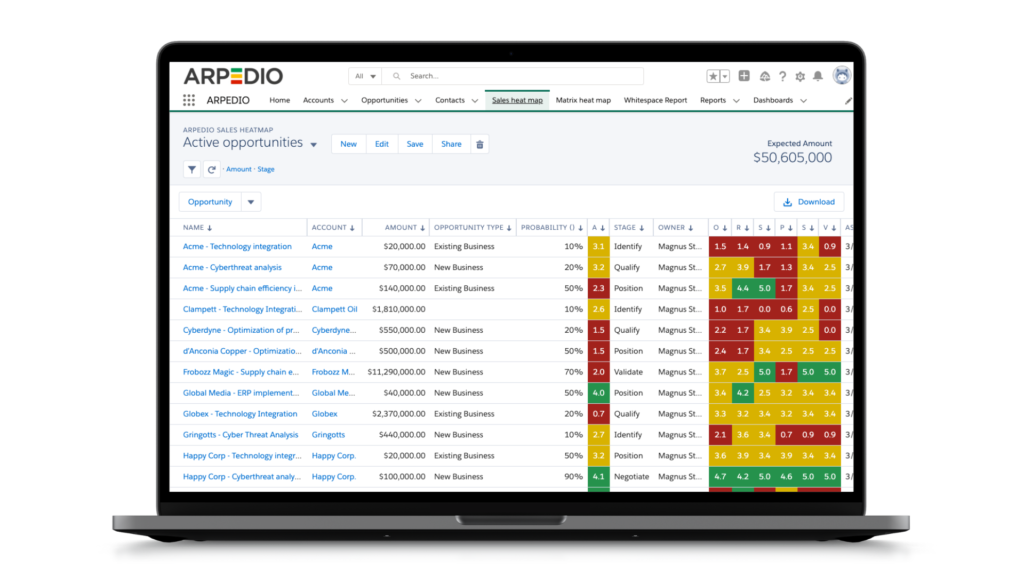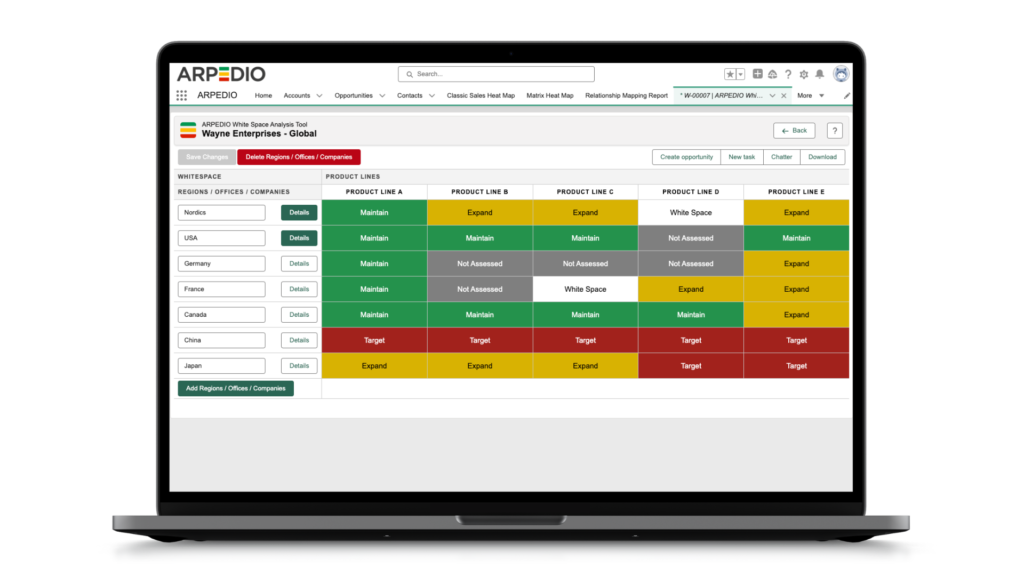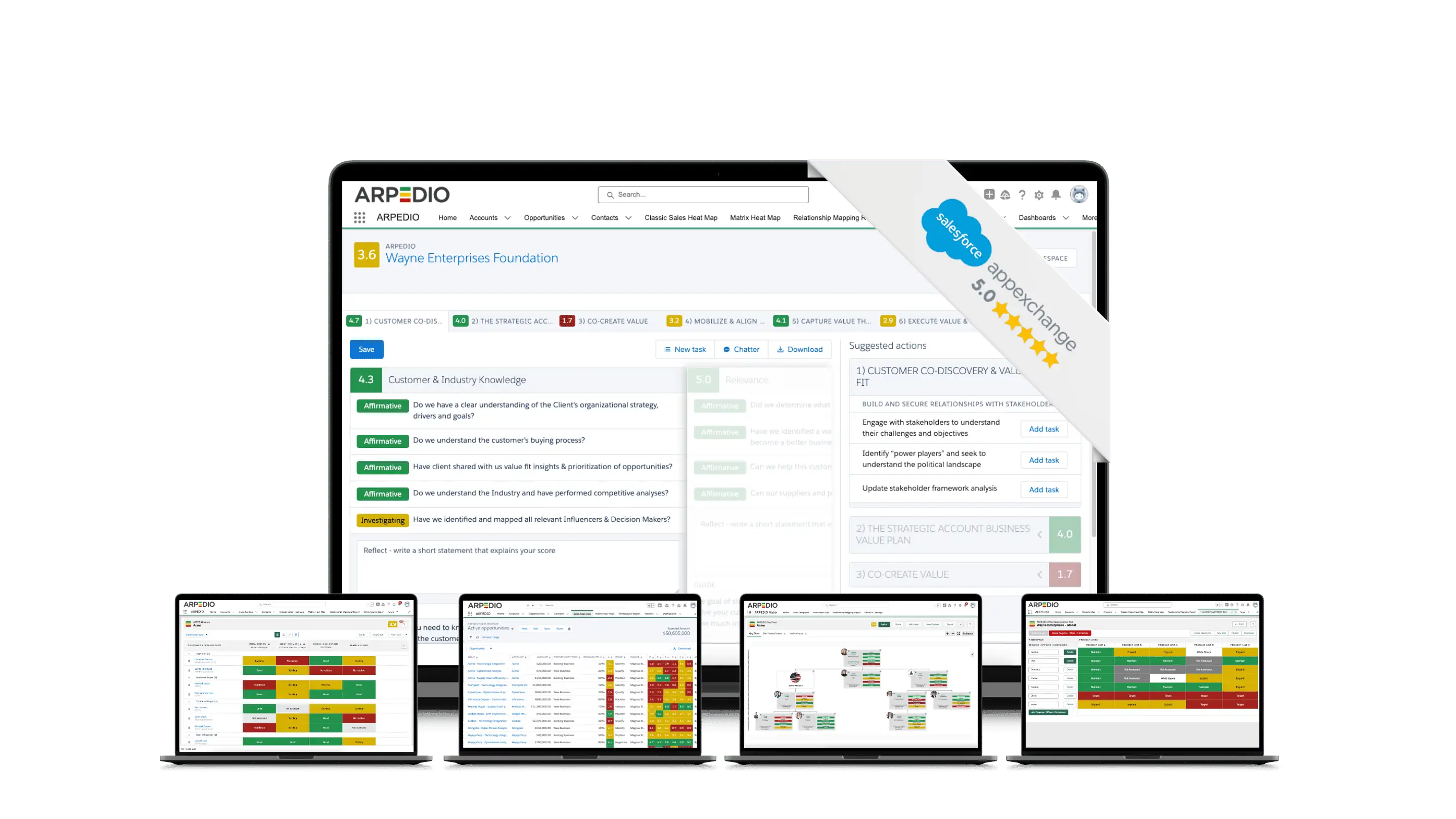As a business owner or marketer, you may have heard the term “sales funnel” thrown around quite a bit. But what exactly is a sales funnel, and how can it help your business convert leads into loyal customers?
Simply put, a sales funnel is a visual representation of the journey that a potential customer takes from awareness to purchase. It is a critical component of the sales process because it breaks down the complex journey into manageable stages, making it easier for businesses to guide customers towards conversion.
At the top of the funnel, customers are in the awareness stage, where they become familiar with your brand and what you have to offer. From there, they move through the interest stage, where they begin to consider your products or services. In the decision stage, they are ready to make a purchase, and finally, in the action stage, they become loyal customers.
Understanding what a sales funnel is and how it works is crucial for businesses that are serious about converting leads into customers. In the following sections, we will explore the different stages of a sales funnel, how to design an effective sales funnel strategy, and technologies that can help optimize and streamline the process.
Key Takeaways:
- A sales funnel is a visual representation of the customer journey from awareness to purchase.
- The stages of a sales funnel include awareness, interest, decision, and action.
- A well-designed sales funnel strategy involves identifying target audiences, creating compelling content, and optimizing lead capture.
- Analytics and tracking are critical in measuring the effectiveness of a sales funnel.
- Tools and technologies such as automation and lead nurturing can help businesses optimize their sales funnels.
The Stages of a Sales Funnel
A sales funnel is a process that potential customers go through to become actual customers. There are several stages that a prospect must pass through before becoming a customer. These stages are:
- Awareness: This is the stage where a prospect becomes aware of your business and the products or services you offer. Prospects typically discover a business through various marketing channels like social media, email, referrals, etc.
- Interest: Once a prospect is aware of your business, they will begin to research it to determine if it meets their needs. At this stage, it is important to provide prospects with compelling content that answers their questions and addresses their pain points.
- Decision: After researching your business, if a prospect is interested, they will decide whether or not to make a purchase. This is the stage where you need to provide prospects with enough information to help them make a decision.
- Action: The final stage of a sales funnel is when a prospect becomes a customer by making a purchase. This is the stage where businesses must ensure the customer has an excellent experience and receives top-notch customer service.
By understanding the stages of a sales funnel, businesses can effectively move prospects through each stage to ultimately convert them into loyal customers. In the next section, we’ll discuss how to design an effective sales funnel strategy.
Designing an Effective Sales Funnel Strategy
Having a sales funnel is essential for any business, but designing an effective strategy is equally important to ensure optimal results. The following are some key elements that businesses should consider when designing their sales funnel strategy:
Identifying Target Audiences
Before designing a sales funnel, it is important to understand who the target audience is. By identifying the demographics, interests, and pain points of the target audience, businesses can create a more personalized and effective sales funnel that caters to their needs and interests.
Creating Compelling Content
Compelling content is the backbone of a successful sales funnel. To create effective content that resonates with the audience, businesses should focus on creating engaging headlines, high-quality visuals, and a consistent brand voice throughout the sales funnel. This will help to build trust and credibility with potential customers.
Optimizing Lead Capture
Lead capture is a crucial stage in the sales funnel. To optimize lead capture, businesses should design landing pages that capture the attention of the audience and clearly communicate the value proposition. Additionally, using lead magnets such as e-books and whitepapers can help to incentivize potential customers to provide their contact information.
Nurturing Leads
Nurturing leads is an essential stage of the sales funnel that should not be overlooked. Through targeted email campaigns and personalized follow-ups, businesses can continue to engage potential customers and build a relationship that can eventually lead to a conversion. It is important to ensure that the nurturing process is not overly aggressive and respects the customer’s preferences and interests.
Tools and Technologies for Sales Funnel Optimization
Optimizing a sales funnel can be a daunting task for any business. Fortunately, there are a variety of tools and technologies available to help streamline and enhance the sales funnel process.
Marketing automation software is another essential tool for sales funnel optimization. Platforms like Salesforce Account Engagement (formerly known as “Pardot”) can automate lead nurturing, scoring, and management, helping businesses identify their most valuable prospects and convert them into loyal customers.
Finally, customer relationship management (CRM) software can help businesses manage and optimize their sales pipeline. Platforms like Salesforce combined with ARPEDIO offer features like lead tracking, sales forecasting, and reporting, helping businesses identify bottlenecks and optimize their sales process.
By leveraging these tools and technologies, businesses can optimize their sales funnel, improve conversion rates, and ultimately drive revenue growth.

